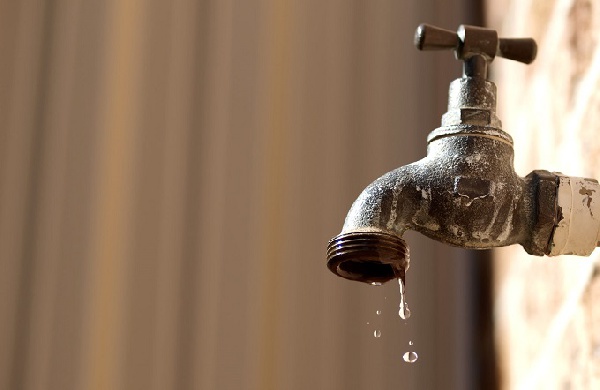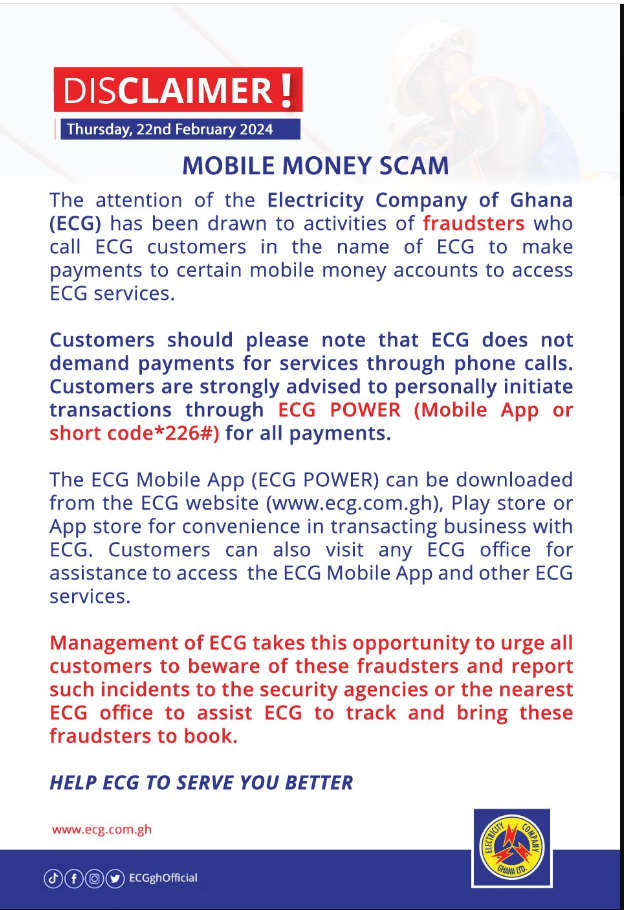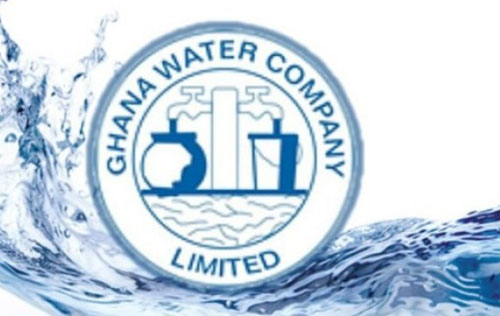
Water availability per capita has, however, been decreasing with pockets of water-stress areas.
Open defecation continues to be a bane to hygiene levels in Ghana with 18 percent of the population (one out of five people) still involved in the act, a situation that exposes the country to public ridicule.
“Per the threshold, we will not say that the country is water stressed but the nation has to work hard towards protecting its water bodies from degradation and galamsey activities, Ms Patience Ampomah, Planning Analyst, National Development Planning Commission (NDPC) has said in Accra.
She also explained that the proportion of the population using improved drinking water services had improved in 2020, while the proportion of people using improved sanitation services had also increased from 11 per cent in 2015 to 13 percent in 2020.
Presenting the status of Water, Hygiene, and Sanitation (WASH) levels in the country at a learning exchange workshop in Accra, she said available data indicated that, the country was on course with the management and provision of safe drinking water but had to work to ensure the accessibility of water for different and various usages.
She said at the moment, water accessibility per person is 1700 meter cubes, which was good, but the trend was getting downwards from 1,916 in 2013 to 1900 metre cubes in present times, “and this is something that we need to really take care of since the trend is downwards so that in the future, we do not go further than the threshold”.
The NDPC in collaboration with the International Water and Sanitation Centre (IRC) Ghana, an international NGO that provides support to governments on WASH issues, held the Learning Exchange on local systems strengthening to deliver safe and sustainable WASH services: Reflections on the district-wide approach towards meeting the targets for SDG6, “Clean water and sanitation for all.”
The annual meeting was to help exchange ideas, leverage on ongoing interventions and programmes under WASH to address gaps, and to help chart the right path to attain the goal for SDG6.
Ms Vida Duti, Country Director IRC Ghana said ensuring universal access to safe and affordable WASH for all by 2030, required collective effort, finance, and cooperation to deliver the targets across the entire cycle.
With less than 10 years to the 2030 deadline for the Sustainable Development Goals (SDGs) Agenda, there was the need to look back at the innovative approaches implemented over the recent past years and share outcomes and actions that could be replicated and scaled-up towards the delivery of the SDGs.
Thus, IRC decided to collaborate with the NDPC and other partners like WaterAid Ghana and Water4 together, with the respective District Assemblies to convene the fourth National Learning Exchange on District-Wide Approaches (DWAs) focused on the theme: “Local systems strengthening to deliver safe and sustainable WASH services: Reflections on the district-wide approach towards meeting the targets for SDG6."
Ms Duti said the aim was to provide the platform to reflect on the current national SDG status and lessons from the district-wide WASH interventions, and how local governments and partners were playing their collaborative roles in supporting the provision of WASH services in different contexts.
“There was also the opportunity to exchange implementation experiences on what works and what does not, and provide the opportunity for learning and generating clear recommendations for improved planning and replication towards securing universal access to WASH services.
The sessions included the introduction and a report on WASH SDG status in Ghana that also set the scene and place the meeting in context.
Other Metropolitan, Municipal, and District Assemblies (MMDAs) including Wassa South, Wassa North, and Wassa East and partners also shared WASH implementation status, what had been the unique achievement, what works and what does not work; and key lessons for sustainability and replication of the DWAs.
Ms Duti said other new MMDAs were invited to listen into the conversation and know how to play a lead role in the delivery of WASH in their communities through strategic networks. Read Full Story



















Facebook
Twitter
Pinterest
Instagram
Google+
YouTube
LinkedIn
RSS